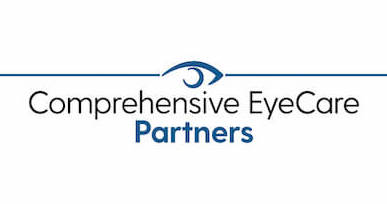
Did you know that diabetic eye disease is one of the leading causes of blindness, especially in adults over 60? Having diabetes increases your risk of developing eye conditions like cataracts.
That’s why it’s necessary to keep your eyes healthy by having regular eye exams. Knowing what conditions you’re at risk for and how large your risk is can help you stay on top of your health.
But the most important thing you can do is see an eye doctor regularly. Routine eye exams can even save you from going blind. Keep reading to learn more about Diabetic Eye Disease Awareness Month!
Diabetic Retinopathy
The primary disease that is a direct result of diabetes is diabetic retinopathy. Diabetic retinopathy affects your retina, which is the thin membrane that lines the back of your eye.
The retina is needed to see, as it translates the light that passes through your eye into impulses sent to your brain. It does this through special cells called photoreceptors.
When your blood sugar is elevated, blood vessels can become cut off in the retina. If this occurs, it can cause existing blood vessels to swell and leak, making new blood vessels grow out of control.
These new blood vessels can cause scar tissue to develop on the retina. This damage kills photoreceptors, eventually causing vision loss. The retina cannot regenerate, so the damage done is irreversible.
Diabetic retinopathy also shows no symptoms until there’s vision loss. Regular eye exams are vital for diagnosing and treating the condition early to slow down further damage. Diabetic retinopathy has no cure, but you can manage it to prevent additional vision loss.
Glaucoma and Cataracts
Glaucoma is an eye condition that occurs when the optic nerve becomes damaged. This usually occurs as a result of increased pressure in the eye.
Damage to the optic nerve, which sends information about what you see to the brain, can cause vision loss. Like when damage to the retina occurs, vision loss is irreversible with glaucoma.
There are also no symptoms, meaning many patients have already lost vision once they’ve received a diagnosis. Cataracts develop when the natural lens of the eye becomes cloudy.
The time this takes can be years or even decades to form fully. With cataracts, it will slowly become harder and harder to see. You can have cataracts removed by undergoing cataract surgery.
Glaucoma and cataracts are not a direct result of diabetes and can happen to anyone, especially in older patients. But having diabetes does increase your risk of developing these conditions.
Prevent Vision Loss
The best way to prevent vision loss from diabetic eye disease is to know your risk and have regular eye exams based on your personal risk. If you have diabetes, it puts you at a higher risk for these conditions.
Your risk also increases if your diabetes is not controlled or you’ve had diabetes for many years. You’re also at higher risk if you have a family history of diabetic eye disease.
Adults over the age of 40 should see an eye doctor at least twice a year, regardless of if they have diabetes. Adults who are 60 or older should see their eye doctor every year. If you have diabetes or are at high risk for diabetes, you may need to see an eye doctor more frequently.
Talk to your eye doctor about your risk so they can tell you how often you should schedule eye exams. Examining your retina and checking your eye pressure can help your eye doctor spot signs of the disease before you experience vision loss.
Have questions about diabetic eye disease? Schedule an appointment at Shepherd Eye Center in Henderson, NV, to learn more!


